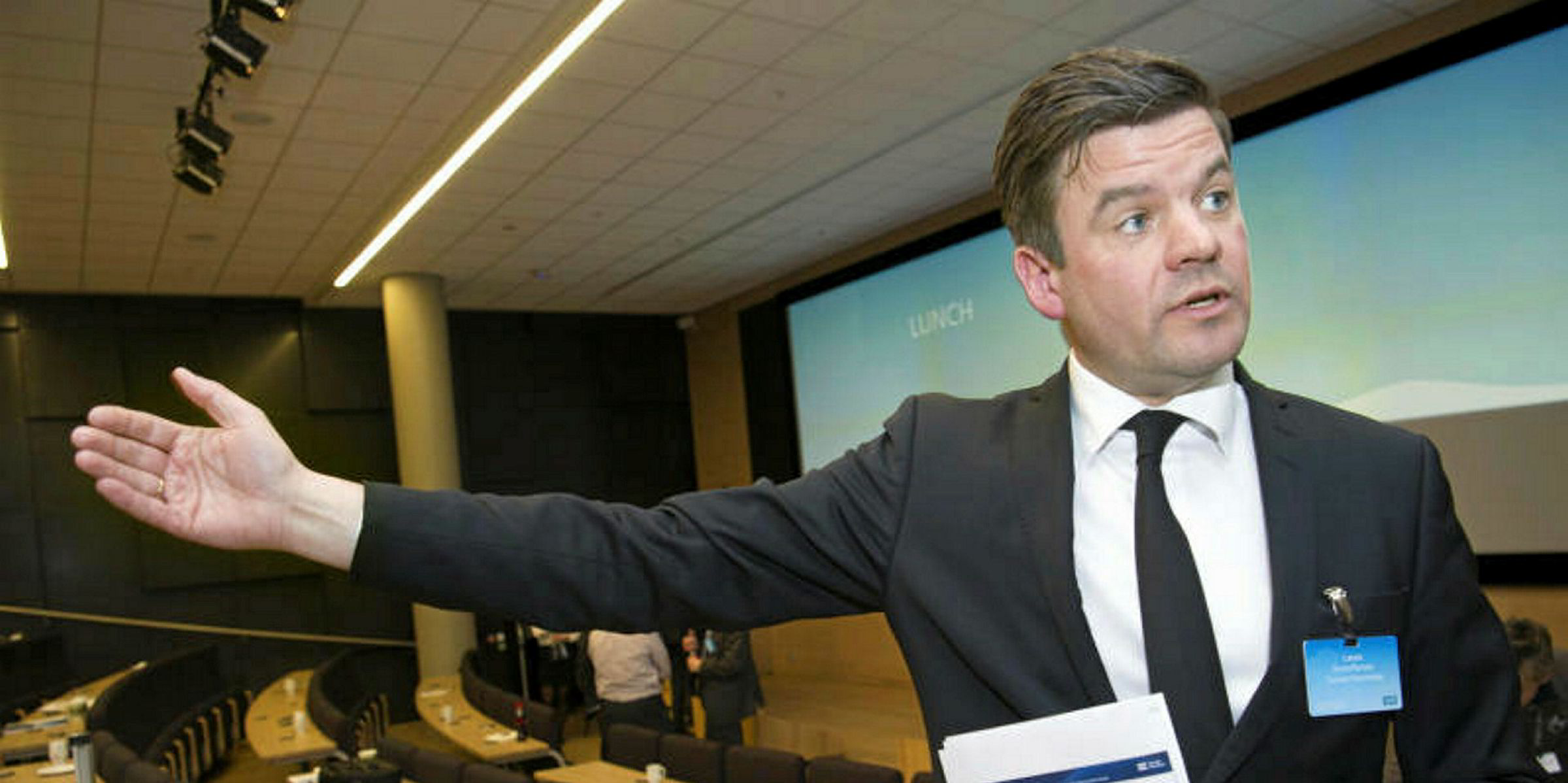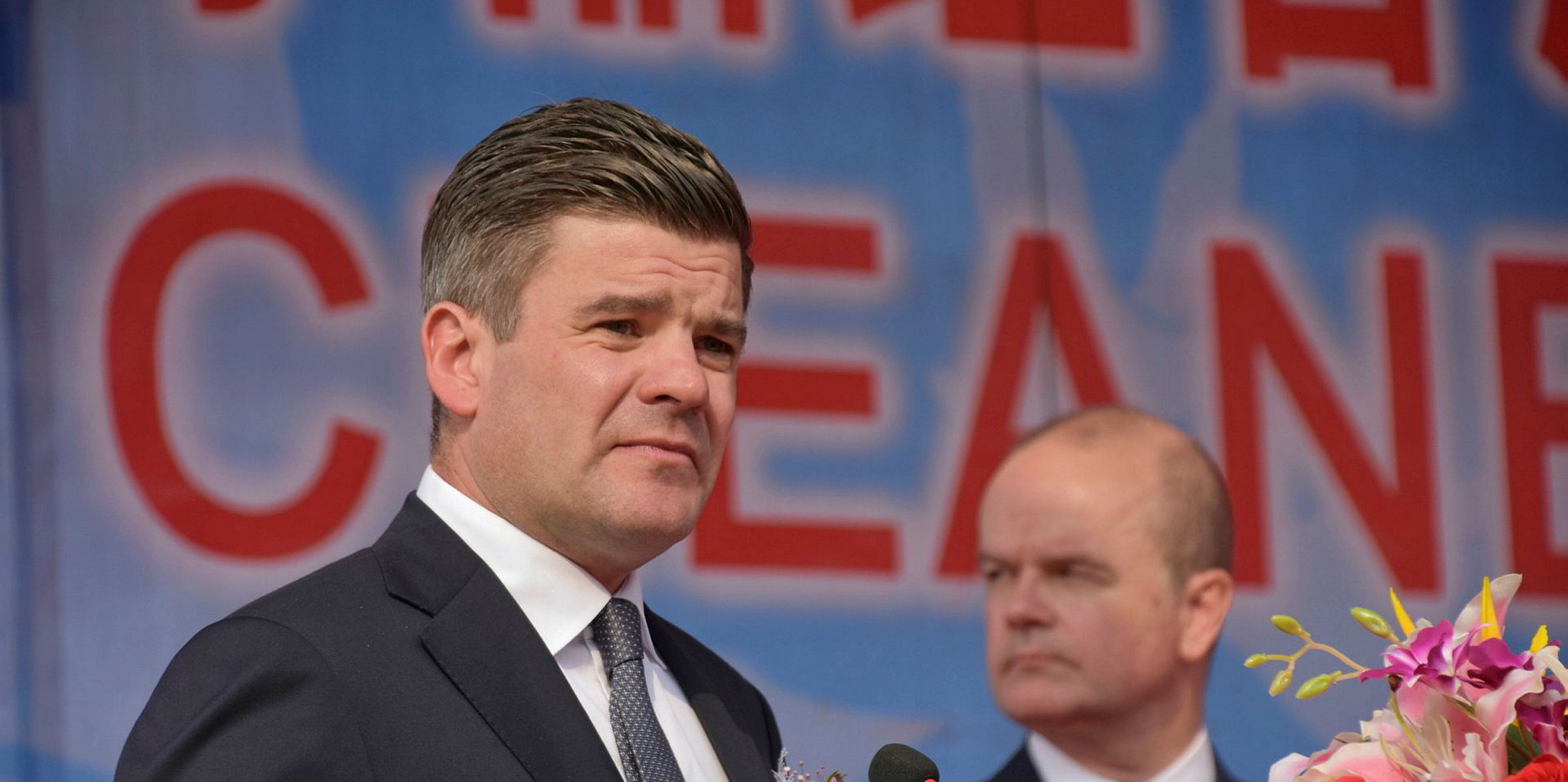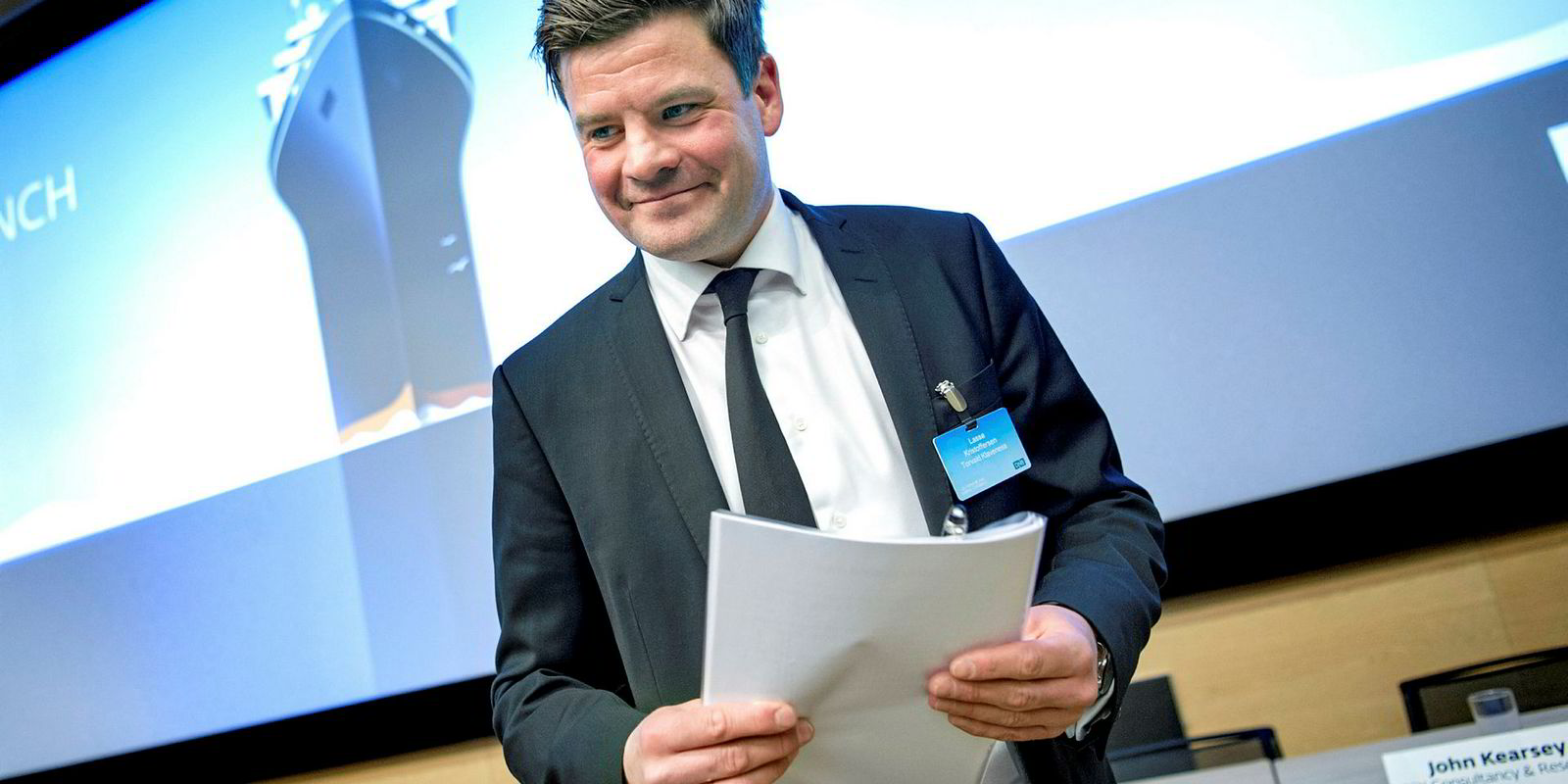Norway's Klaveness Combination Carriers (KCC) has been hit by a force majeure in Brazil as profit dipped in the fourth quarter.
The company said net earnings were $0.66m in the final three months, against $4.16m in 2017.
Revenue grew to $29.59m from $15.15m a year ago, but costs were higher.
Annual earnings were up at $8.83m from $2.74m, however.
The force majeure situation at Norsk Hydro’s Alunorte refinery in Brazil had a negative impact on results, KCC said.
The world’s largest alumina refinery had been operating at half capacity since early last year after Hydro admitted making unlicensed emissions of untreated water during severe rains, according to Reuters.
But Alunorte has received a suspension of the production embargo from Brazilian authorities, while the embargo of the federal court remains in force.
"Hence the timing for when Alunorte will be back to full production remains uncertain," KCC added.
Continued production on half capacity will continue to impact lifted caustic soda volumes and hence earnings going forward, it said.
Financing talks continue
KCC, established in March last year, has nine CABU carriers, plus the first of six new CLEANBU ships that was delivered in January.
Bank financing has been secured for the first three newbuildings.
"Discussions with respect to financing of the three remaining CLEANBU newbuildings are ongoing," the shipowner said.
KCC's vessels transport mainly caustic soda solution and all types of dry cargo.
The CLEANBU vessels are designed to carry clean petroleum products as well, giving them a wider range of trading possibilities.
Commercial discussions are ongoing with key charterers in clean petroleum product trades, the company said.
"Before the vessels start trading in the targeted clean petroleum products-dry bulk combination trades, the vessels will be phased-in in other tanker trades. This will impact earnings negatively during first half of 2019," KCC added.
Fourth-quarter average rates were $19,182 per day, following a stronger product tanker market, higher caustic soda contract shipment volumes and strong dry bulk earnings concluded before the dry bulk market dropped towards the end of the year.
"The outlook for 2019 is positive on the back of solid caustic soda contract volumes and dry bulk coverage," KCC added.





